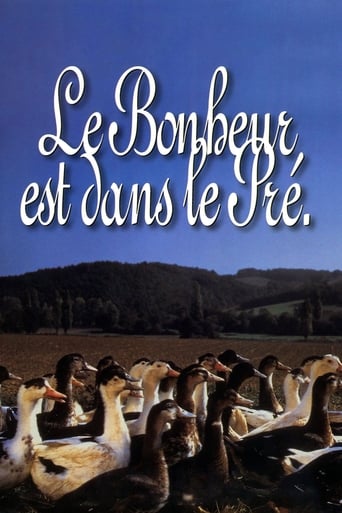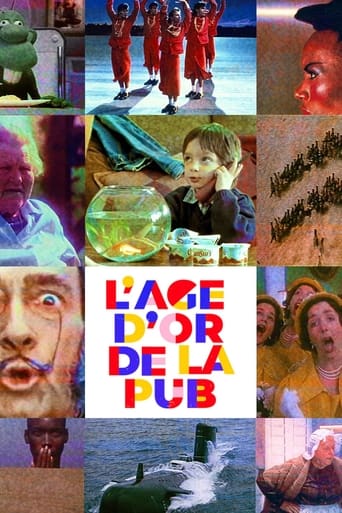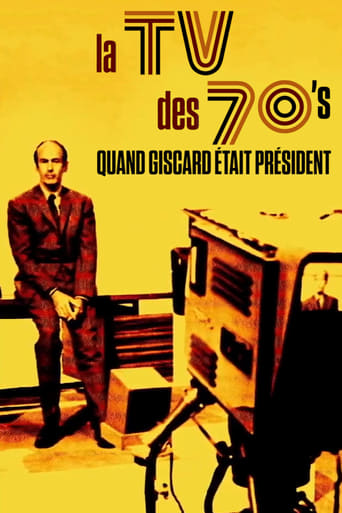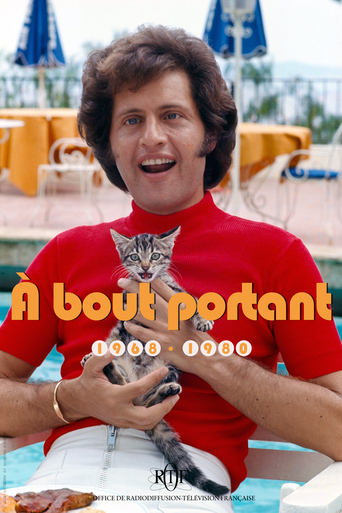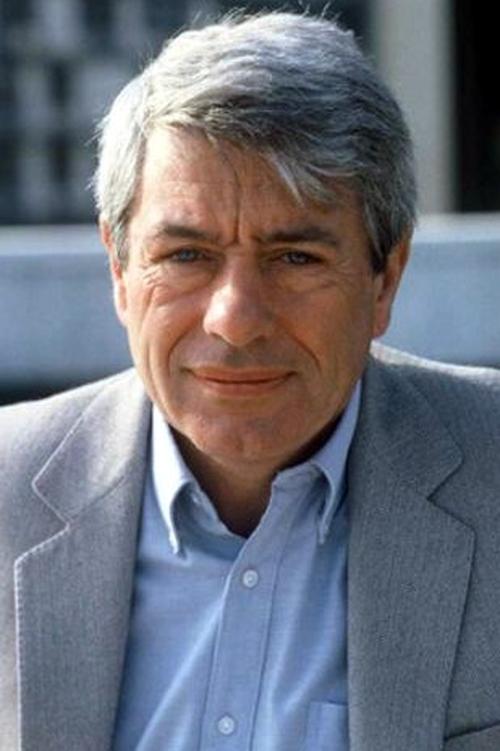
Roger Gicquel
Personal Info
Known For Actor
Gender Male
Birthday 1933-02-22
Deathday 2010-03-06 (77 years old)
Place of Birth Thiers-sur-Thève, Oise, France
Roger Gicquel
Biography
Roger Gicquel (22 February 1933 in Thiers-sur-Thève in the Oise department – 6 March 2010 in Plouër-sur-Rance in the Côtes-d'Armor) was a French journalist. He presented the 20 hour Journal on the TV channel TF1 from 1975 to 1981. During the 1950s, Gicquel began a career in acting. He was also a flight attendant on the airline UAT from 1953 to 1960 before moving into journalism. He started at the Parisien libéré in Seine-et-Marne in 1961. He started work at the Coulommiers office. On 8 December 1962, he married at Boissy-le-Châtel on the road to Coulommiers. Roger Gicquel sent his reports from his Citroën 2CV. He regularly socialised with his colleagues in the local press from the Freedom of Seine-et-Marne and Country Briard newspapers whom he met at "The Modern" Inn in Saint-Cyr-sur-Morin. Then the newspaper asked him to create the Normandy Morning as a local edition of the Parisien for the Upper Normandy region. He also wrote for other local publications in Elbeuf and Les Andelys, as well as in those of Évreux, Louviers, and Vernon. In 1971, he left Normandy Morning to become a consultant for two years for the information service at UNICEF. Then he served as chief information officer for ORTF. Encouraged to move to radio by Roland Dhordain, founder of France Inter, Roger Gicquel joined the station and created a press review that he presented from 1968 to 1973. He also became Chief Reporter in 1969. In 1975, he became the news presenter on the 20 hours Journal at TF1 despite his lack of television experience. In competition with France 2 TF1 asked him to "Personalise the Information to better differentiate ourselves and retain the loyalty of the public". Each evening, Roger Gicquel began his report by an editorial in which he gave his opinion. This personalisation, which subsequently appeared outdated, was the trademark of Roger Gicquel's appearances on television, watched nightly by millions of French people. Inspired by the TV journalist Walter Cronkite, the news presenter at the American channel CBS News, He claimed his independence from political influence and his freedom of speech: "I maintained that the audience should be able to watch the journal and hear of a tidal wave in the Ganges delta even without images rather than see the birth of a calf in an aquatic zoo in Tokyo". Ladislas de Hoyos, the star presenter of the weekly journal on TF1 from 1990 to 1991, also followed the same approach. He was particularly famous for his opening sentence on the 20 hour Journal on 18 February 1976: "France in fear". This underlined the emotion caused by the kidnapping and death of a small boy Philippe Bertrand at Troyes by Patrick Henry. This saying was diluted, however, because a few minutes later, he clarified that this fear is a feeling which we must not give up. ... Source: Article "Roger Gicquel" from Wikipedia in English, licensed under CC-BY-SA 3.0.
